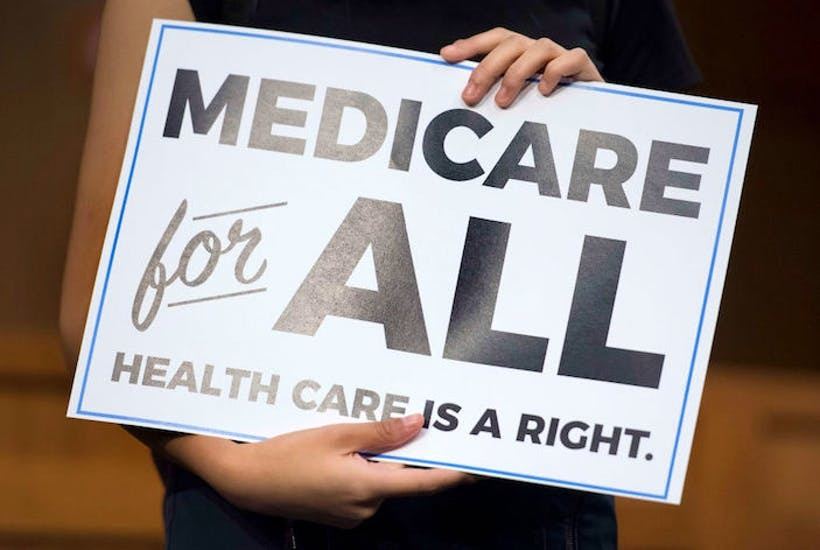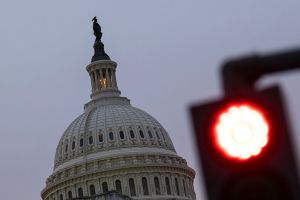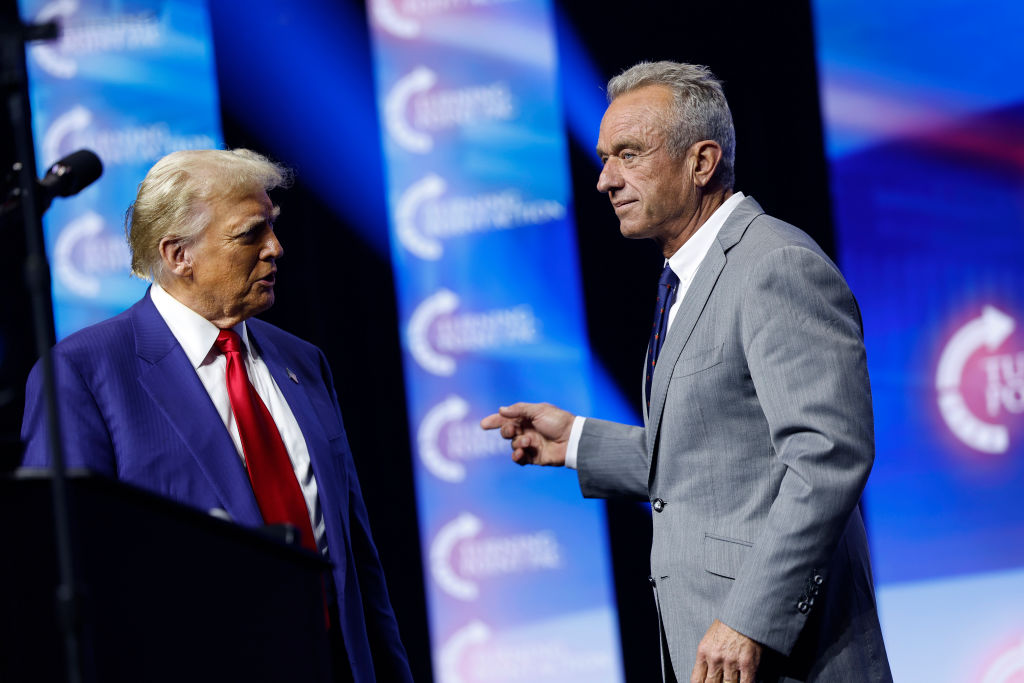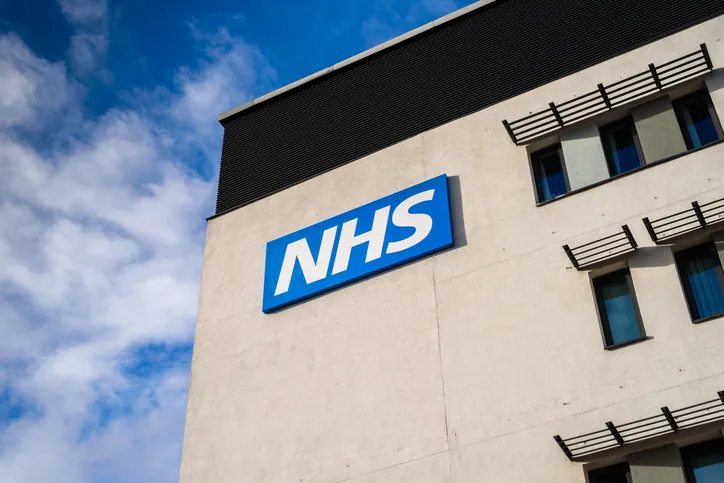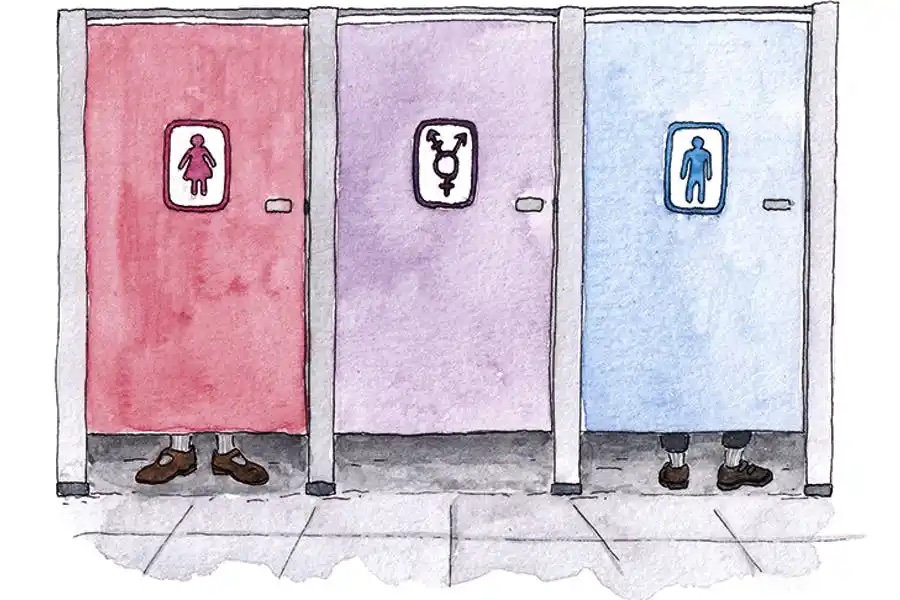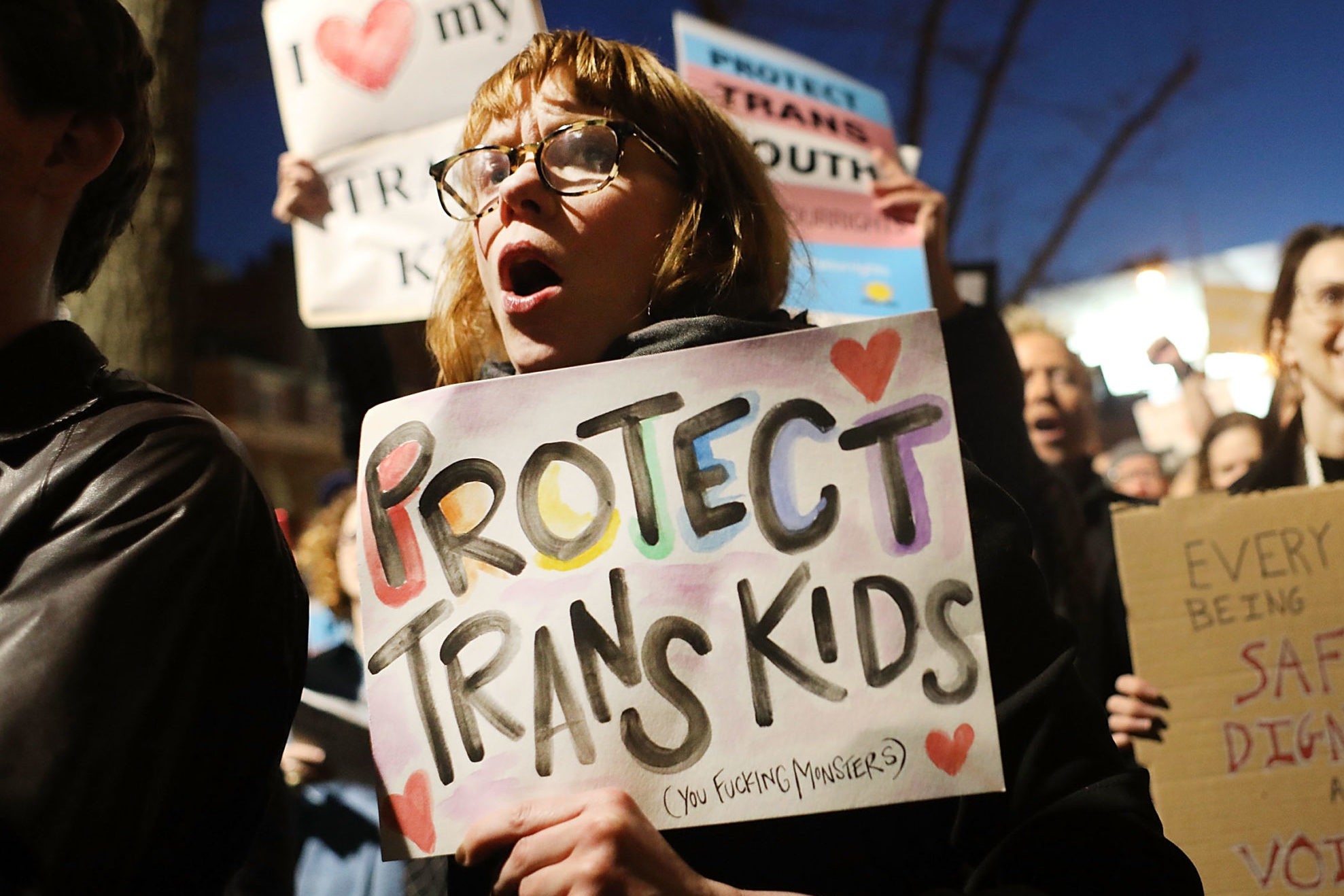Last week, the New York Times ran a very un-New-York-Times-y article, ‘Resentment Grows Over Who Gets Health Care Aid’. It contrasts two women in New Hampshire. Married with one child at 30, last year Gwen Hurd paid more than $11,000 for her family’s health insurance, purchased through the Affordable Care Act exchange. They had to shell out $6,300 per person — $18,900 — before the insurance kicked in. Both parents were working. Their pre-tax earnings just exceeded the $82,000 cut-off for government insurance subsidies. The couple dropped date night, and couldn’t save for retirement.
A few miles away, single and living at home, an aspiring opera singer of 28 is careful to keep her earnings just below $15,000, so she continues to qualify for Medicaid. Aside from dentistry, all her healthcare is free.
Americans are often horrified by ‘socialised medicine’. Yet between Medicare for the elderly, Medicaid for the poor, SCHIP for children and veterans’ benefits for the military, 42 per cent of the population is covered by the dread ‘socialised medicine’. Another 2.5 per cent buy often massively government-subsidised health insurance through the ACA exchange. The cost of these subsidies for only 7.6 million people has risen to an eye-popping $42.6 billion.
Asset rich but income poor, my brother gets subsidised insurance. To cover himself, his wife and two of his children (the other two qualify for Medicaid), he pays $4,600 per year. But the real annual cost of that insurance is $46,300. (!!!!! How many exclamation marks is that figure good for? Apparently Gwen Hurd bought her policy from the American equivalent of a pound shop.) Who pays the difference? As a US taxpayer, I do. Ms Hurd in New Hampshire does.
‘It seems to me that people who earn nothing and contribute nothing get everything for free,’ Ms Hurd complained to the Times. ‘And the people who work hard and struggle for every penny barely end up surviving… I’m totally happy to pay my fair share, but I’m also paying someone else’s share, and that’s what makes me insane.’
Close to half the US get either free or heavily subsidised medical care, while the other half have to cover their own obscenely inflated bills and the bills for the rest of the country. (Share my astonishment that, on average, the US spends $10,000 per person on healthcare every year, or $40,000 for a family of four. America’s median household income is $59,000. How is this possible?) This disparity does not solely pertain to healthcare. In the US (45 per cent) and UK (44 per cent), nearly half of the population pay no national income tax.
Broadly, western democracies use one of two models for delivering government largesse. Europe has tended to prefer universal benefits. The American system is more purely redistributive: the more you pay, the less you get. For their federal taxes, Americans who earn anything to speak of get no childcare, healthcare, university tuition, or care in old age. Even ‘entitlements’ that supposedly cover everyone are rigged to punish the very taxpayers who keep the fragile programmes afloat. Medicare premiums are means-tested. My husband’s health insurance payments went substantially up when he aged into the programme, though his private insurer gave him no choice. Even moderate earners who have contributed to the Social Security retirement programme for 40 to 50 years will never remotely get their money back.
I’m not trying to provide another opportunity for Britons to gloat about the NHS, and to condescend to the barbarians across the pond, with their lunatic, unjust, un-affordable healthcare ‘system’ (though please — be my guest). I can easily picture a headline in the not so distant future in the London Times: ‘Resentment Grows Over Paying for a Health Service the Better Off Do Not Use’. Given the steady deterioration of the NHS, Britain is in danger of slipping to a more American model, whereby the people who fund the service pay a second time for private healthcare they can trust.
There’s a psychological rationale for government services and subsidies that go to everyone. Taxpayers are less bitter about parting with their earnings when they obtain something in return. Hitherto, the NHS has been a fine social unifier, and even higher-rate taxpayers have felt that they reap tangible benefits from financing it. Aside perhaps from national parks, Americans can point to virtually nothing in their daily lives that their federal tax dollars buy. The purely redistributive model leads understandably to resentment.
Yet when benefits take the form of cash, the profoundly redistributive nature of taxation even in the UK can make universal payments seem a farcical pretence, a sad vestige of bygone socialism. For elderly Britons who are at least middle class, the winter fuel allowance is merely a tiny tax rebate. Ditto a state pension, another goodies-for-every-one that for lifelong contributors simply dribs back a few of the same funds they’ve poured in. One of the glaring problems with the concept of a universal basic income is that in order for the state to give every citizen a sizeable wage just for waking up in the morning, anyone who earned anything at all would no sooner receive their cheque than have the same money snatched back the next day — and then some.
I like the idea of universal benefits, which take some of the emotional harm out of being fleeced, and should theoretically create greater social cohesion. But with progressive taxation, there’s no getting away from the fact that many western democracies now expect about half the country to foot the bill not only for themselves but for everyone else — fundamentally, to buy every-thing twice.
Better-half Britons are not prone to complain about this point, thereby calling attention to the fact that they earn something, which is naturally a source of shame. Americans are more vocal. The ‘inequality’ we hear so ceaselessly about certainly signifies a kind of unfairness. But the starkly contrasting healthcare costs for those two women in New Hampshire — all give and no take vs all take and no give — also exhibit a kind of unfairness. Just not the kind that the British are comfortable talking about.



